A learner being able to identify what they understand or don’t understand is the first step towards them making connections and growing in the depth of knowledge that they have about anything. Formative assessment empowers learners and allows them to assess where they are in their own learning.
In her book, Clarke provides questions/activities that can be used at the beginning of instruction to push learners past simply recalling or guessing information. She has an entire section of her book that addresses the use of formative assessment to effectively start a lesson. Questioning strategies, exploratory activities and examples of pupil work are used to establish prior knowledge and capture interest. I created templates in Google Slides for my 4 favorite starters that Clarke writes about. They allow a learner to assess and explore what they know from the beginning of instruction. Pairing students to reflect is recommended. Clarke emphasizes throughout her book the importance of talking partners.
I would suggest having these loaded and ready in an app such as Google Slides, Socrative, Pear Deck, Go Formative or Nearpod. (My examples are linked below.) If your students have access to a device, please take advantage of it. Paper and pencil cannot get you the information anywhere near as quickly or efficiently.
- A Range of Answers - Students are asked a big question and given a a range of answers to discuss. Example: What does a plant need to grow? Air, Zinc, Lemons, Water, Heat, Soil, Milk, Light, Oxygen. (Students can explain why they selected their answer choices. The range of answers will be wide.)
- A Statement - Students are given a statement and have to agree or disagree with it. They discuss their response with a partner. Example: 40% of 500 is greater than 55% of 300. Do you agree or Disagree? Explain how you know. (The statement can also offer answer options of “always, sometimes or never true”.)
- One that works and One that Doesn’t - Students are presented with two scenarios and are asked to explain which one works and which one doesn’t. The discussion allows for students to think, discuss and analysis. Example: Why is this sentence grammatically correct and this one not?
- Start from the end - Students are given “the end or answer” and asked what the question is. Example: The answer is 360°. What is the question?
Clarke writes, “The most powerful educational tool for raising achievement and preparing children to be lifelong learners, in any context, is formative assessment. The research evidence for this is rigorous and comprehensive.” I believe it’s worth our time to continually learn new strategies to get formative feedback from our students and for our students to use the feedback to self-assess.
*Tech tip - if you want to use a template of a slide from above in a slide deck that you already have created or are creating, you can import the single slide into your deck. The screencast below will show you how to import slides into a Google Slide Deck.

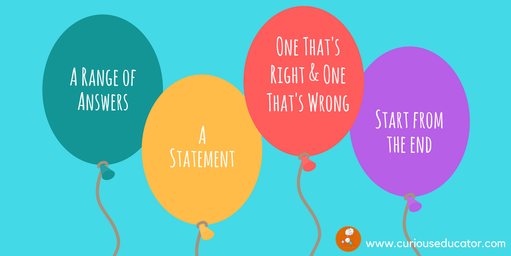
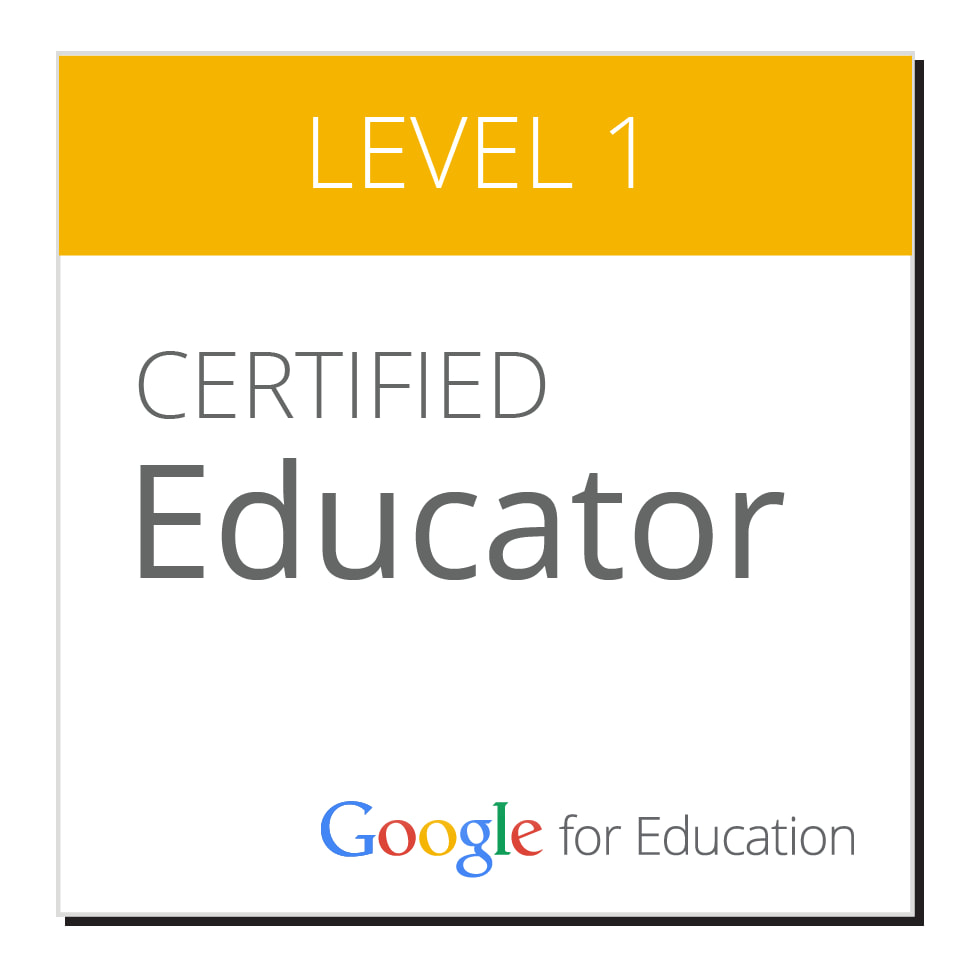
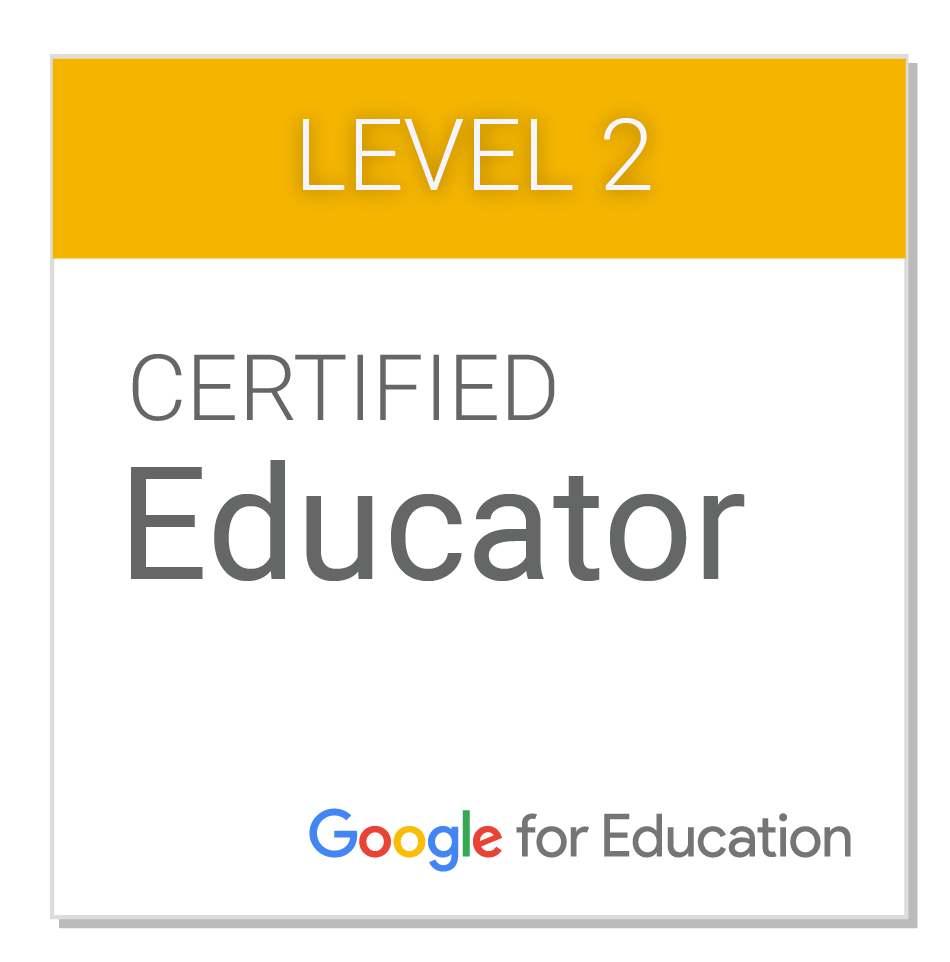
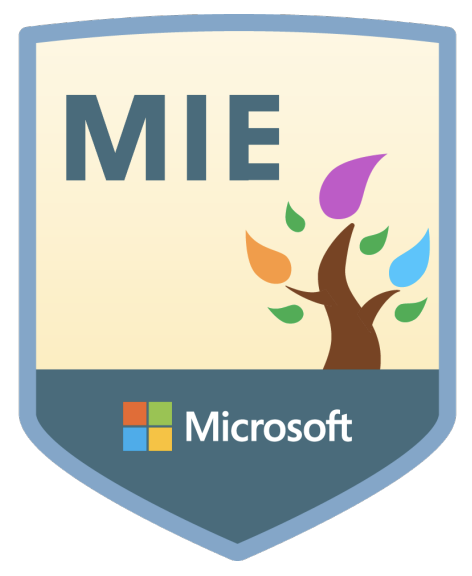
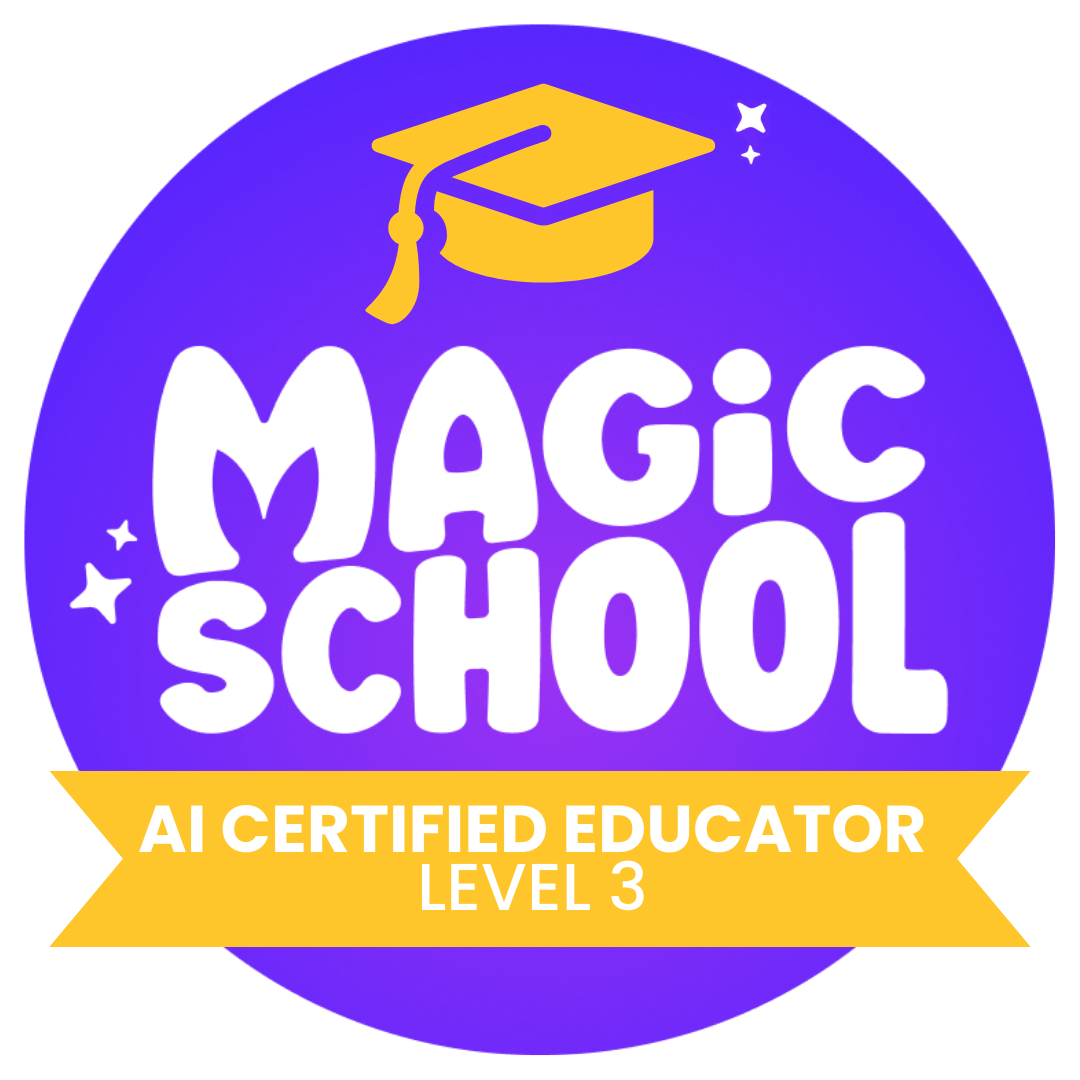

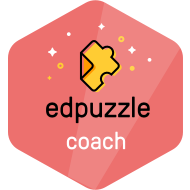
 RSS Feed
RSS Feed
